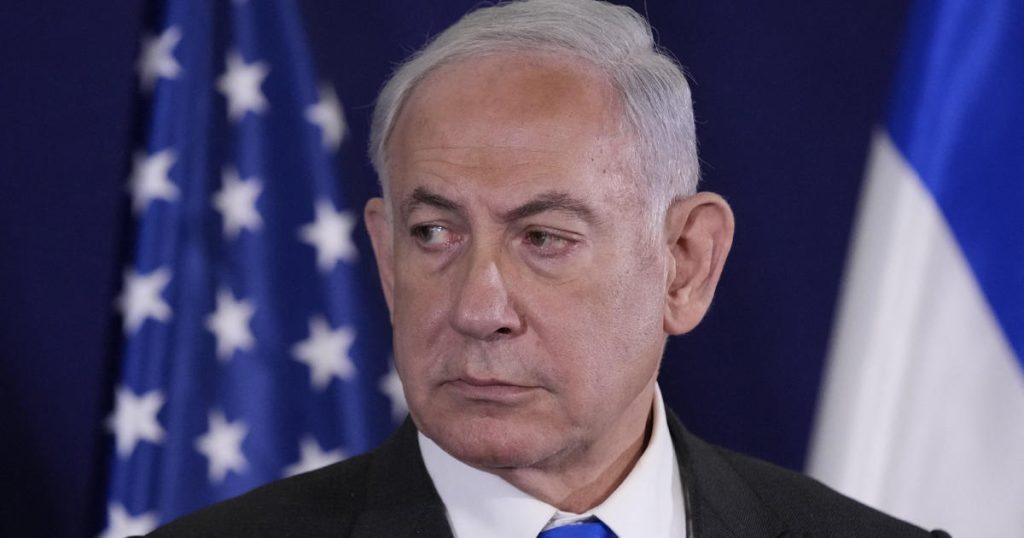Israeli Prime Minister Benjamin Netanyahu has decided not to send a delegation to Washington after the U.S. abstained from vetoing a United Nations Security Council resolution calling for a cease-fire in Gaza. The resolution also demands the unconditional release of hostages held captive since the Oct. 7 terror attack by Hamas. Netanyahu’s office criticized the U.S. abstention, stating that it gives Hamas hope that international pressure may allow them to accept a cease-fire without releasing the hostages.
The U.S. decision not to veto the resolution was seen as a departure from its previous position on the Israel-Hamas conflict. State Department spokesman Matthew Miller explained that while the U.S. had concerns about the resolution not condemning the terrorist attack, it supported its call for a cease-fire and the release of hostages. White House spokesman John Kirby expressed disappointment at Israel’s decision to cancel the Washington delegation, emphasizing that the U.S. still supports Israel and provides military capabilities for its defense.
Tensions between the U.S. and Israel have been further strained over the situation in Rafah, a city near Egypt’s border where displaced Palestinians have sought refuge. The Biden administration has supported Israel’s right to defend itself but has urged restraint in Rafah, where Israel is conducting military operations against Hamas battalions. The U.S. has advised against a major ground operation in Rafah due to the humanitarian crisis and lack of plans to care for the displaced population.
Despite the cancellation of the delegation, Israeli Defense Minister Yoav Gallant is still visiting Washington to hold separate meetings with top U.S. officials. The ongoing conflict between Israel and Hamas, exacerbated by the recent Security Council resolution and disagreements over military operations in Rafah, highlights the complex and evolving relationship between the two allies. The Biden administration’s stance on the conflict reflects a delicate balance between supporting Israel’s security concerns and advocating for humanitarian considerations in Gaza.
The rift between the U.S. and Israel underscores the challenges of navigating international conflicts and balancing national interests with broader humanitarian concerns. Netanyahu’s decision not to send a delegation signals his dissatisfaction with the U.S. approach to the Security Council resolution and reflects broader tensions between the two countries. As the conflict in Gaza continues, both sides will need to find common ground to address the immediate security needs of Israel while also addressing the humanitarian crisis affecting Palestinian civilians. Sara Cook’s reporting contributed to the understanding of the evolving situation in the region.


